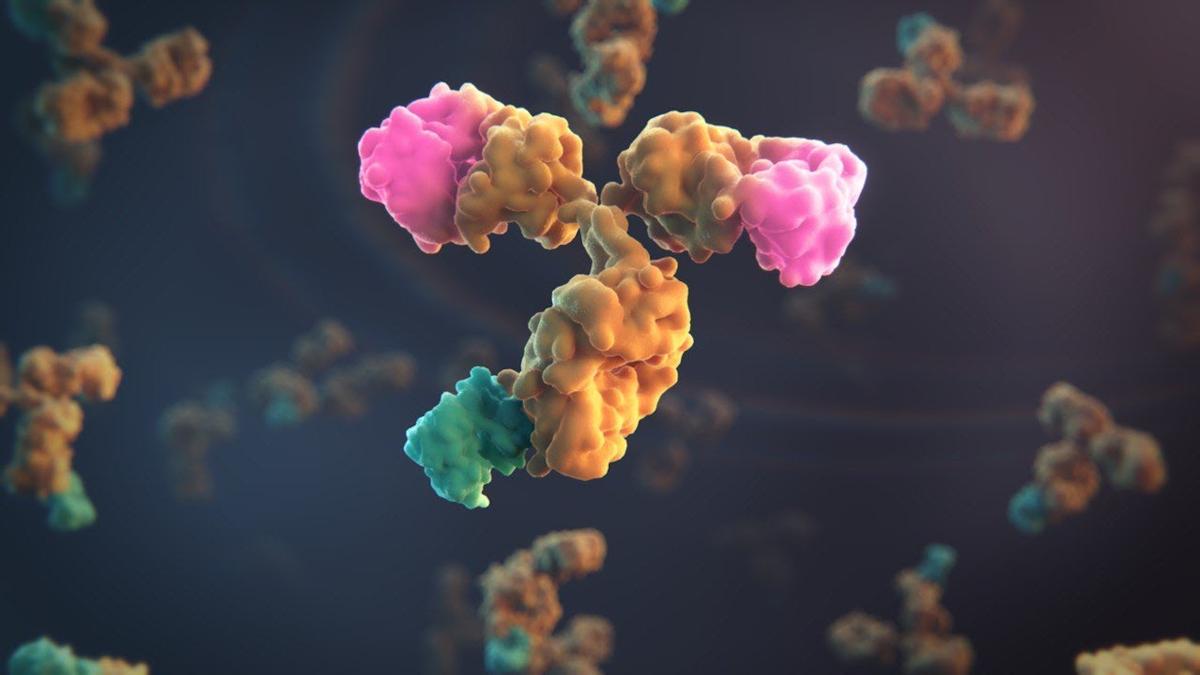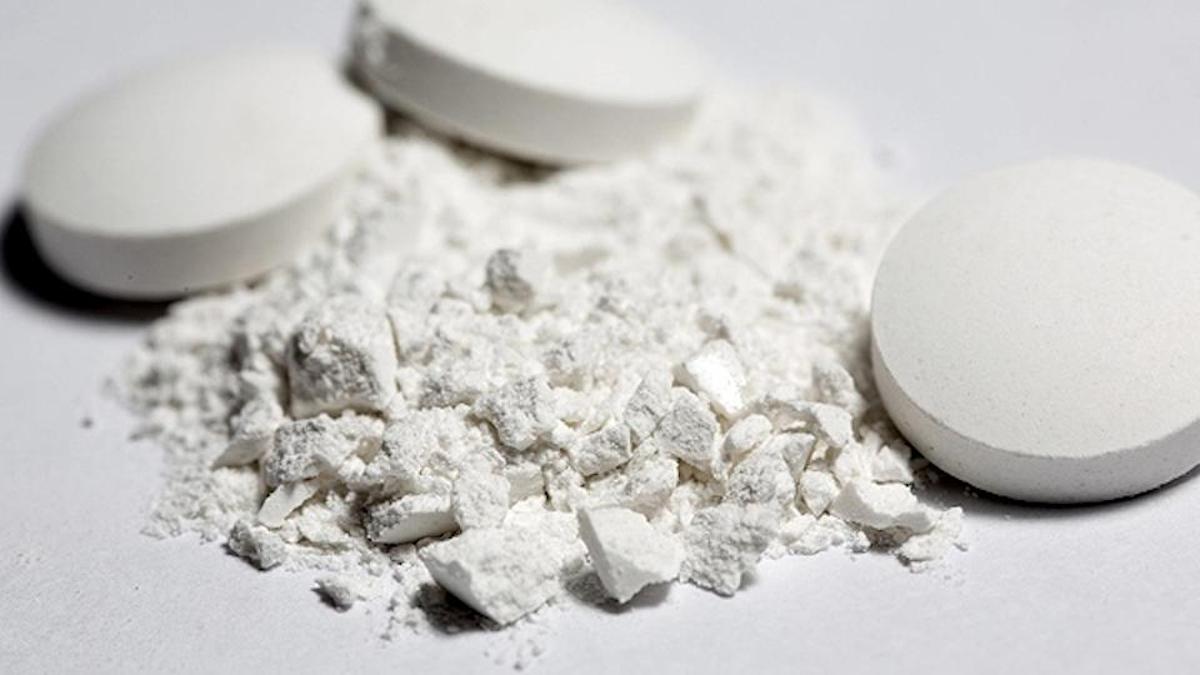GSK makes fresh neuroscience foray with £2bn+ ABL deal

Neuroscience isn't currently one of the top strategic R&D priorities at GSK, but a new alliance with ABL Bio adds to the sense that its focus may be shifting.
The UK-headquartered pharma group is making £77 million ($99 million) in buy-in and near-term payments to get access to Seongnam, South Korea-based ABL's Grabody-B platform technology, which has been designed to deliver large molecules across the blood-brain barrier (BBB) and into the central nervous system.
At the back end, the deal also includes £2.07 billion in research, development, regulatory and commercial milestone payments, assuming GSK brings multiple programmes using the Grabody-B technology through to the market.
Using Grabody-B, large-molecule drugs like antibodies, antisense oligonucleotides, and small interfering RNA (siRNA) molecules are engineered with an additional group that binds to the insulin-like growth factor 1 receptor (IGF1R).
IGF1R is a transmembrane receptor found on the BBB, a semi-permeable membrane between the blood and the network of fluid-filled spaces and connective tissue that surrounds the brain and is designed to protect it from toxins and pathogens.
The receptor can serve as a ferry to transport large molecules across the BBB, in a method similar to that used by Roche with its Brainshuttle technology (see our article here).
GSK is hoping to use the platform to develop therapies for various neurodegenerative diseases and, under the terms of the agreement, gains access to the technology and know-how in order to carry out its own preclinical and clinical testing.
"There is a critical need for new therapeutics to treat neurodegenerative brain diseases, which are rapidly increasing in prevalence due to the ageing of the population," said Christopher Austin, GSK's head of research technologies.
"Many of the most promising new therapies are antibodies, which cannot efficiently reach the brain without a shuttle to get them across the BBB," he added.
GSK's clinical-stage pipeline is currently focused on oncology, respiratory, immunology and inflammation, and infectious diseases, including HIV, but the ABL deal and others signed in recent months suggest its focus is widening in the discovery stage.
Other neuroscience-focused deals include a partnership with Alector on progranulin-elevating monoclonal antibodies for Alzheimer's and Parkinson's disease, its work with Muna Therapeutics to uncover new targets for Alzheimer's from post-mortem brain samples, and an alliance with Vesalius Therapeutics on a novel, undisclosed target with potential in Parkinson's.












